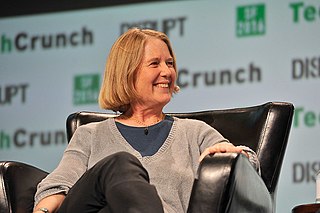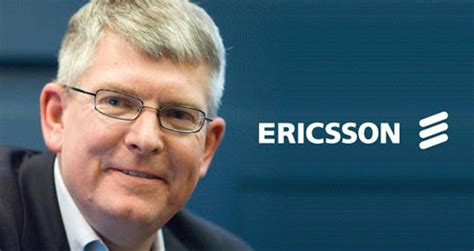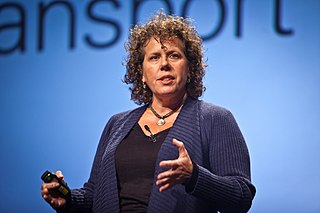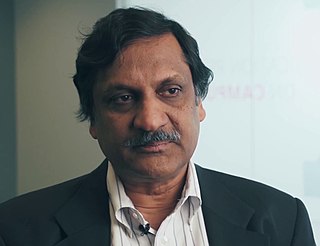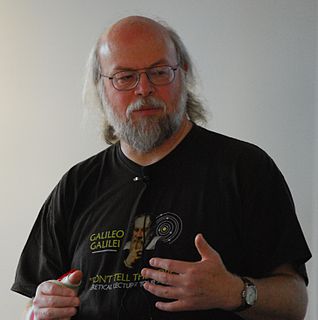A Quote by Diane Greene
We believe that cloud will be based on significant open-source components that are offered as services. People don't want to be locked into a single provider.
Related Quotes
One of the issues with some of these lenders is going to be, where will their provider of credit be when there's a crisis? That's why some of these smarter services, to support their operations, are courting more permanent capital. They want a source of longer-term funding that can survive a crisis.
Cloud computing is actually a spectrum of things complementing one another and building on a foundation of sharing. Inherent dualities in the cloud computing phenomenon are spawning divergent strategies for cloud computing success. The public cloud, hybrid clouds, and private clouds now dot the landscape of IT based solutions. Because of that, the basic issues have moved from 'what is cloud' to 'how will cloud projects evolve'.
The Open Source theorem says that if you give away source code, innovation will occur. Certainly, Unix was done this way... However, the corollary states that the innovation will occur elsewhere. No matter how many people you hire. So the only way to get close to the state of the art is to give the people who are going to be doing the innovative things the means to do it. That's why we had built-in source code with Unix. Open source is tapping the energy that's out there.
The United States has an unfair advantage, as most of the popular cloud services, search engines, computer and mobile operating systems or web browsers are made by U.S. companies. When the rest of the world uses the net, they are effectively using U.S.-based services, making them a legal target for U.S. intelligence.
If an open source product gets good enough, we'll simply take it. So the great thing about open source is nobody owns it - a company like Oracle is free to take it for nothing, include it in our products and charge for support, and that's what we'll do. So it is not disruptive at all - you have to find places to add value. Once open source gets good enough, competing with it would be insane. We don't have to fight open source, we have to exploit open source.
You know, most people in the open-source world who use open-source software don't actually do builds themselves - those people just download the binaries. And so we expect that the big enterprise people will just do that and we will certainly be providing binaries that have been through full industrial-strength QA, that have been through all the conformance testing.
